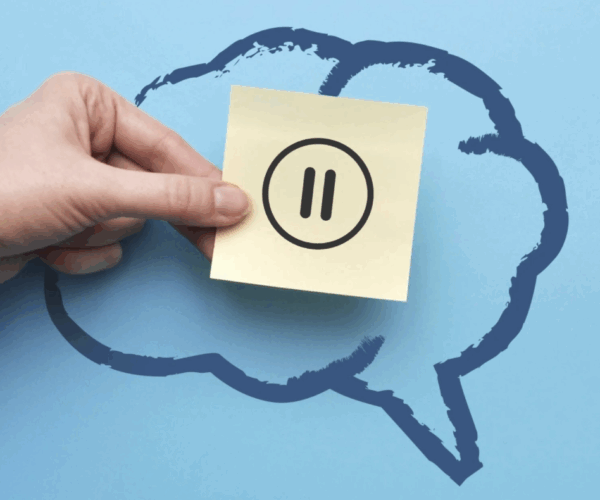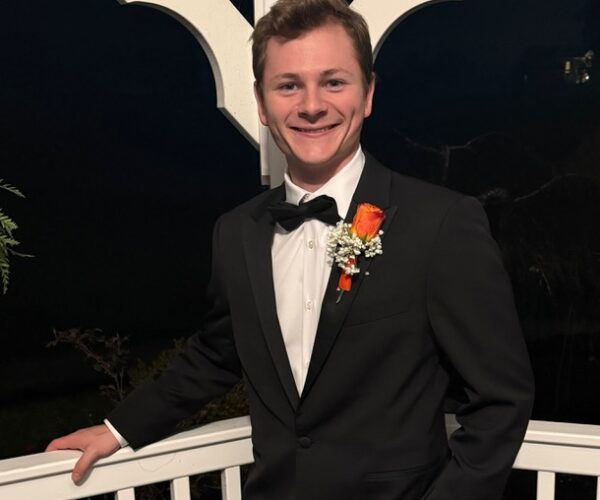
Persevering in the Face of Difficulty
August 24, 2021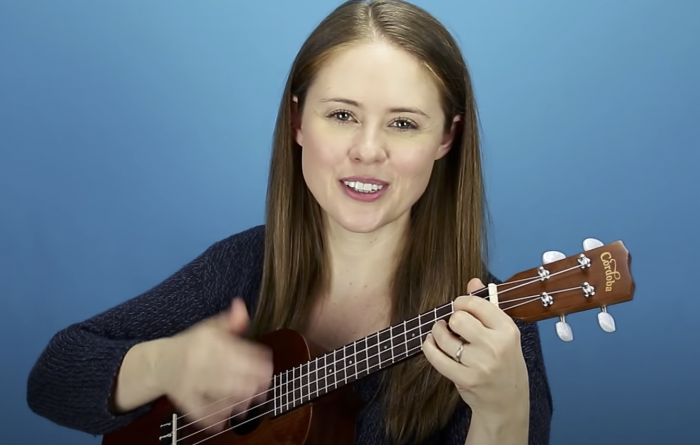
Getting Fish Out of Trees?
September 9, 2021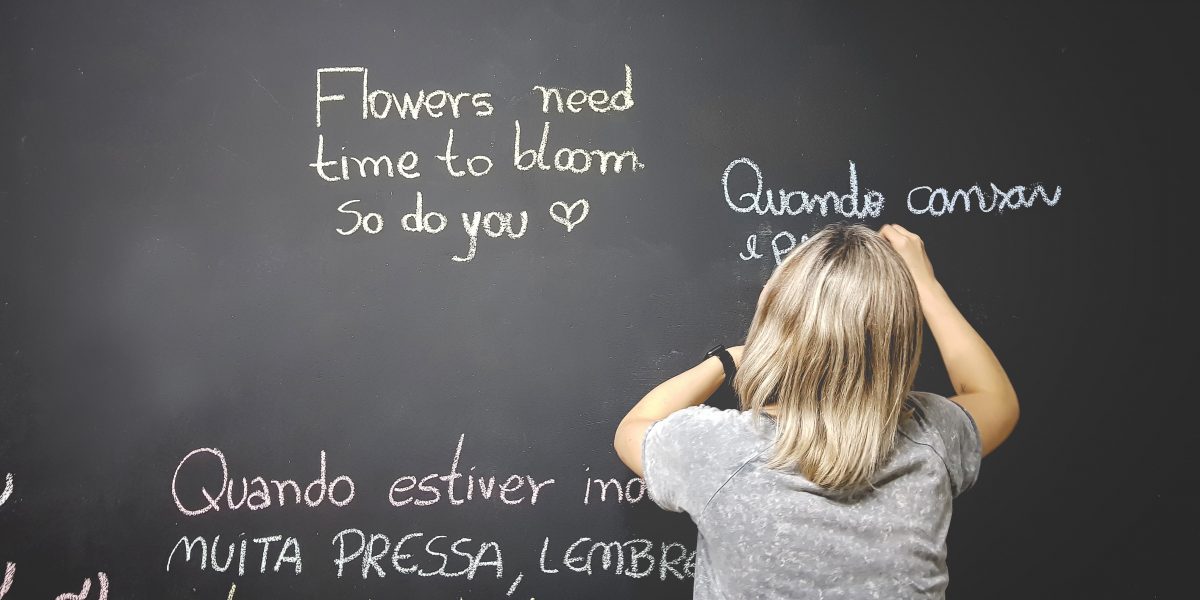
As I wrap up our 6 factors to success for children with learning disabilities series, we take a closer look at the final two important aspects-emotional coping and proactivity. Shelly Weisbacher shares her final thoughts on two often overlooked areas of success.
Four of the six success attributes for individuals with learning disabilities, that have been identified by the Frostig Center and experienced firsthand through our work at Springer, were explored. The remaining two are emotional coping strategies and the less familiar term, proactivity.
Successful students are ‘stress hardy.’ They are able to recognize situations that trigger stress and act to reduce this stress. They are open to counseling; willing to ask others for help with challenging tasks; and anticipate and plan for difficult situations. Conversely, struggling students often lack awareness of which situations are likely to trigger stress and therefore find themselves overwhelmed time and again.
Like the other success attributes, students can grow in their emotional coping strategies and proactivity. Through guided discussion with parents, teachers and counselors, students can learn to identify and label situations that create stress, and from there begin to come up with strategies that will help reduce their stress. Also, students can be engaged in examining situations in which they experience success. When a child does better on an assignment or gets along better with his sibling, asking the child what he thinks he did differently this time will help him begin to see that he does have control over his performance.
Proactivity speaks to one’s engagement and involvement in all aspects of life. It is accompanied by a belief that there is control over one’s destiny. Many struggling students, however, do not see themselves in control. Therefore, even when a student experiences success, she attributes it to conditions or factors that someone else controlled.
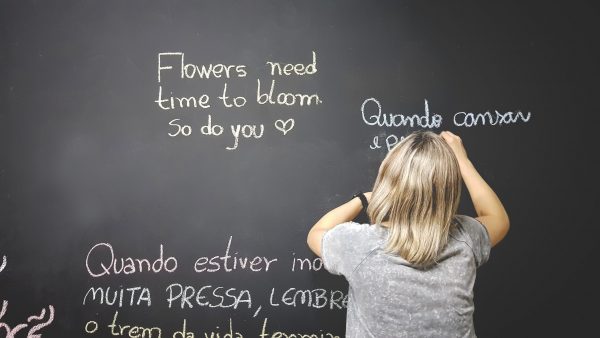
Blogger Lisa Bruns, M.Ed., Special Education, shares her expertise of students with learning disabilities. As a special educator, she has expert knowledge of interventions and accommodations that students may need to succeed in and out of the classroom. If you have questions, please contact Center Director Lisa Bruns at .

